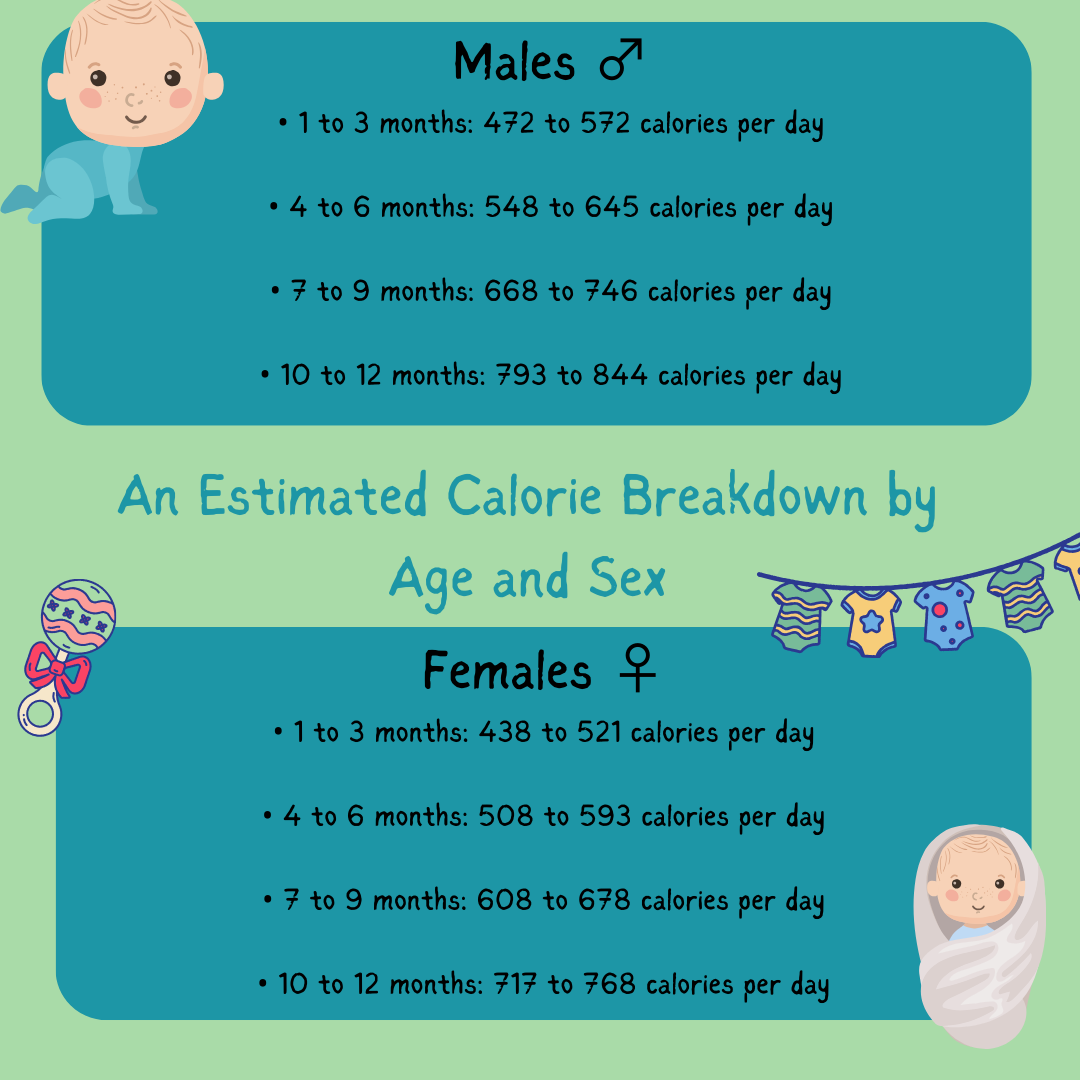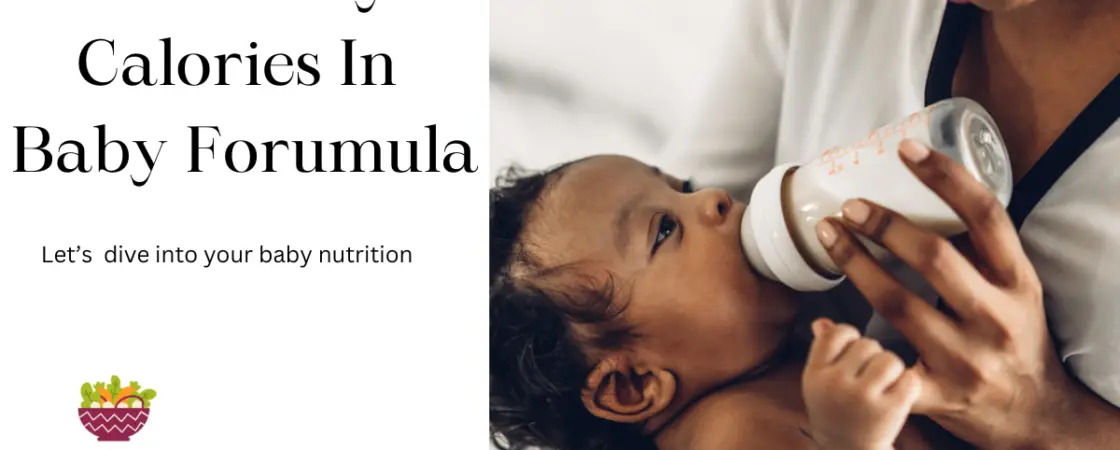As a parent, ensuring your baby gets the right nutrition is a top priority. One common question is, “How Many Calories in Baby Formula??” Many nutrients in baby formula are extremely important to a baby’s growth and development One of the most important nutrients in baby formula is calories. Calories are the units of energy used by our bodies. A typical infant formula contains 20 calories per ounce, but some babies may need more calories in less volume to grow.
The purpose of this article is to explain why you might need to pay more attention to how many calories your baby consumes in some special circumstances.
How Many Calories in Baby Formula Are Needed?
Wondering How Many Calories in Baby Formula? your baby’s needs each day depend on their age, weight, and activity level. A general guideline is that babies need about 100-110 calories per pound of body weight per day. So, a 10-pound baby would need about 1,000-1,100 calories per day.

Make sure your baby is getting enough ounces of formula each day. Check with your doctor to see how many ounces of formula your baby should be drinking each day.
Do Your Baby’s Calories Need to be Increased?
Ensuring that your baby consumes enough calories will not only make them grow; it’ll have a significant impact on their overall well-being and development. Here are some key factors to help you assess whether your baby may need more calories:
Age and Growth Stage: It is important to put into consideration your baby’s age and growth stage. Infants and newborns typically need more calories to account for fast growth during early development. However, as they mature into toddlers with slower increases in body weight, calorie intake is adjusted to match their activity levels.
Weight Gain: Monitor your baby’s weight gain. This shows that they are gaining weight at a constant speed and in the right quantities of calories. You should consult a pediatrician who will tell you how much your baby has to grow as there are standards of healthy weight gain for a child.
Appetite: Also note that you need to observe your baby’s appetite. They may be born with an inherent ability of signalling as they are hungry or have had enough. It is important to monitor whether your baby is satisfied and wants a second feeding or they are not getting sufficient calorie intake.
Developmental Milestones: Consider your baby’s developmental milestones. It’s reassuring when your child is hitting milestones and growing well. Nonetheless, in case they appear as though they are lagging or their slow development indicates a need for more energy intakes.
Pediatrician’s Guidance: Seek your pediatrician’s guidance on the number of calories your baby should take in. Secondly, they have a trained eye that can help assess your baby’s growth and overall health so as to tell you if adjustments to their diet can be made.
Dietary Changes: When your baby starts moving from breast milk or formulas to solids, they might increase or decrease their calories in a natural way. Pay attention to changing nutritional requirements of your baby and make necessary food adjustments for them.
Remember! Each infant has special nutrition demands that you should follow up with a pediatrics expert in order to provide the right diet to your child. They will be able to advise you depending on your child’s state of development, maturity and healthy condition





2 Comments on “How Many Calories in Baby Formula”